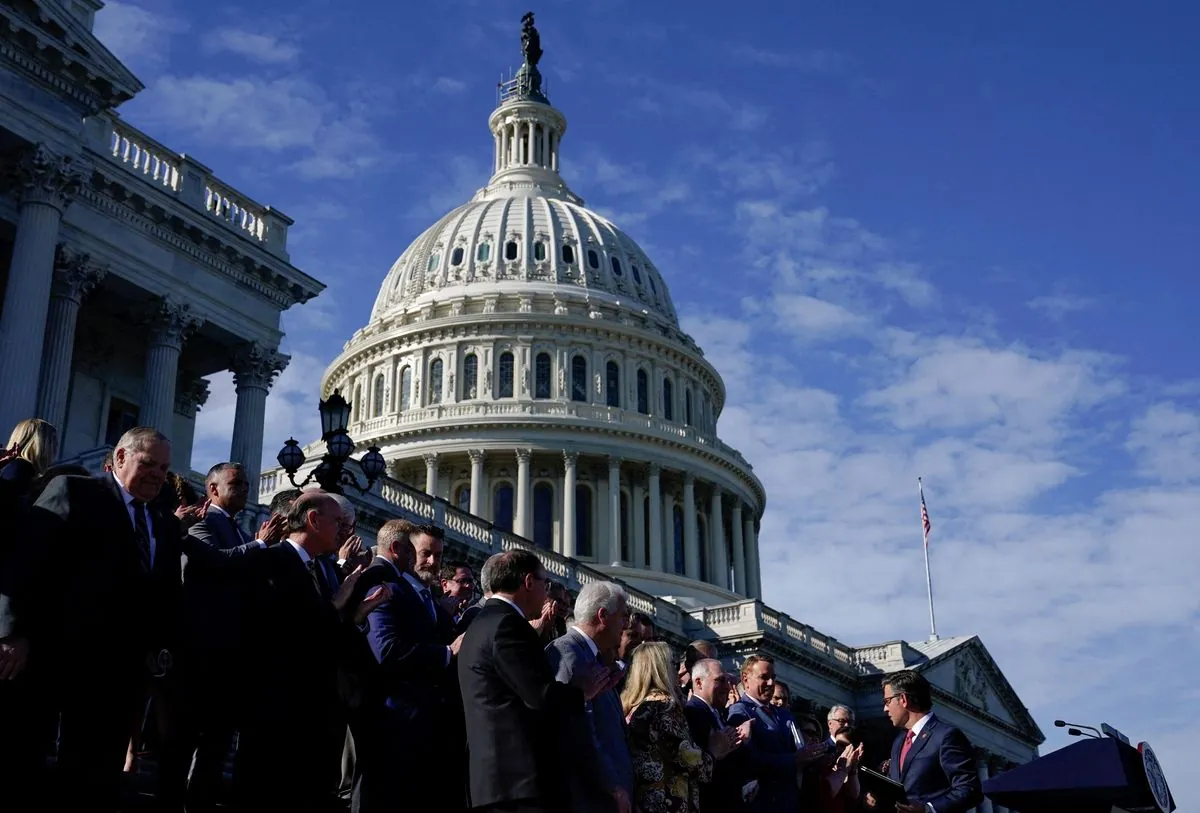The Partnership for Public Service, a nonpartisan organization established in 2001, has unveiled a comprehensive five-point agenda aimed at enhancing federal government operations. This initiative comes at a time when public trust in government institutions is at a critical low, with only 23% of Americans finding federal services easily navigable.
The organization's proposal focuses on five key areas:
- Enhancing government leadership
- Improving recruitment and retention of public servants
- Ensuring accountability for underperforming employees
- Leveraging data and technology for better outcomes
- Delivering efficient, customer-friendly services
One of the most contentious issues addressed in the agenda is the potential reinstatement of Schedule F, a federal employment category proposed by former President Donald Trump. The Partnership strongly criticizes this plan, stating:
"Unfortunately, proposals by former President Donald Trump and his political allies would give a president and political appointees the power to arbitrarily fire thousands of professional, nonpartisan civil servants who are afforded due process rights and replace them with individuals considered loyal to the White House."
[[Partnership for Public Service statement]]
The organization argues that such a move would undermine the government's ability to provide fair and responsive services, potentially stripping agencies of expertise and hampering their effectiveness.
The agenda also addresses the need for expediting the federal employee disciplinary process. Currently, it takes an average of 102 days to process an employee's initial appeal of disciplinary actions. The Partnership suggests that supervisors should be held accountable for employee performance and should make better use of probationary periods for evaluation.
Regarding technology, the Partnership highlights the government's lag in adopting emerging technologies. According to the Government Accountability Office, 80% of the federal IT budget is spent on maintaining existing systems, leaving little room for innovation. The agenda recommends investing in modern technology and thoughtfully implementing AI solutions.
Marcus Hill, president of the Senior Executives Association, emphasizes the importance of leadership development: "It is a national imperative to ensure the government is preparing and supporting our leaders and managers so they can effectively lead people and manage organizations."
The Partnership also suggests reducing the number of politically appointed positions, which currently exceed 4,000, with over 1,300 requiring Senate confirmation. This high number of appointments can delay the formation of a new president's team.
Ultimately, the Partnership's vision centers on improving customer service and rebuilding public trust in government. Jenny Mattingley, the organization's vice president of government affairs, states that the fundamental question is: "How do we make government work for the people?"
As the United States approaches another election cycle, this agenda serves as a reminder that effective governance extends far beyond campaign promises, focusing on the practical implementation of policies that directly impact citizens' lives.
